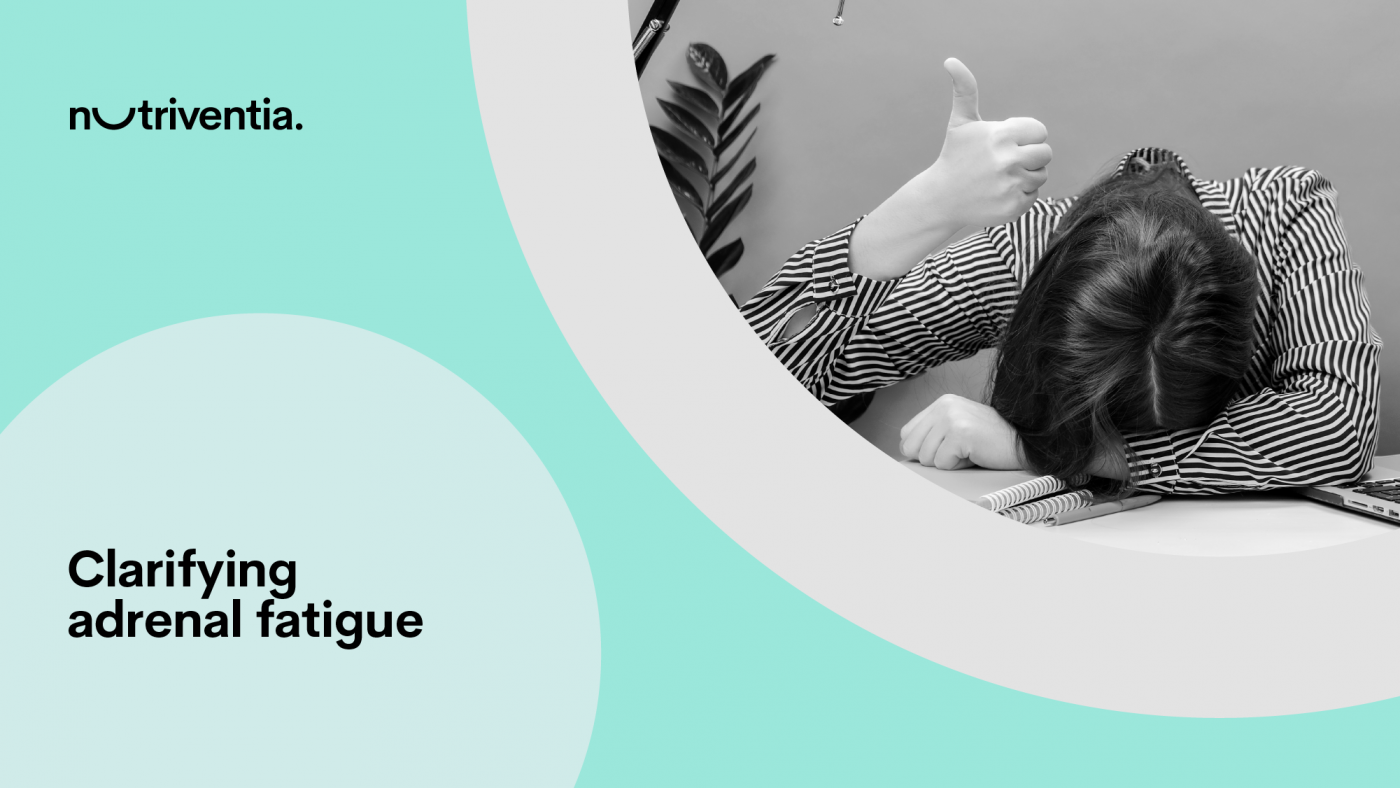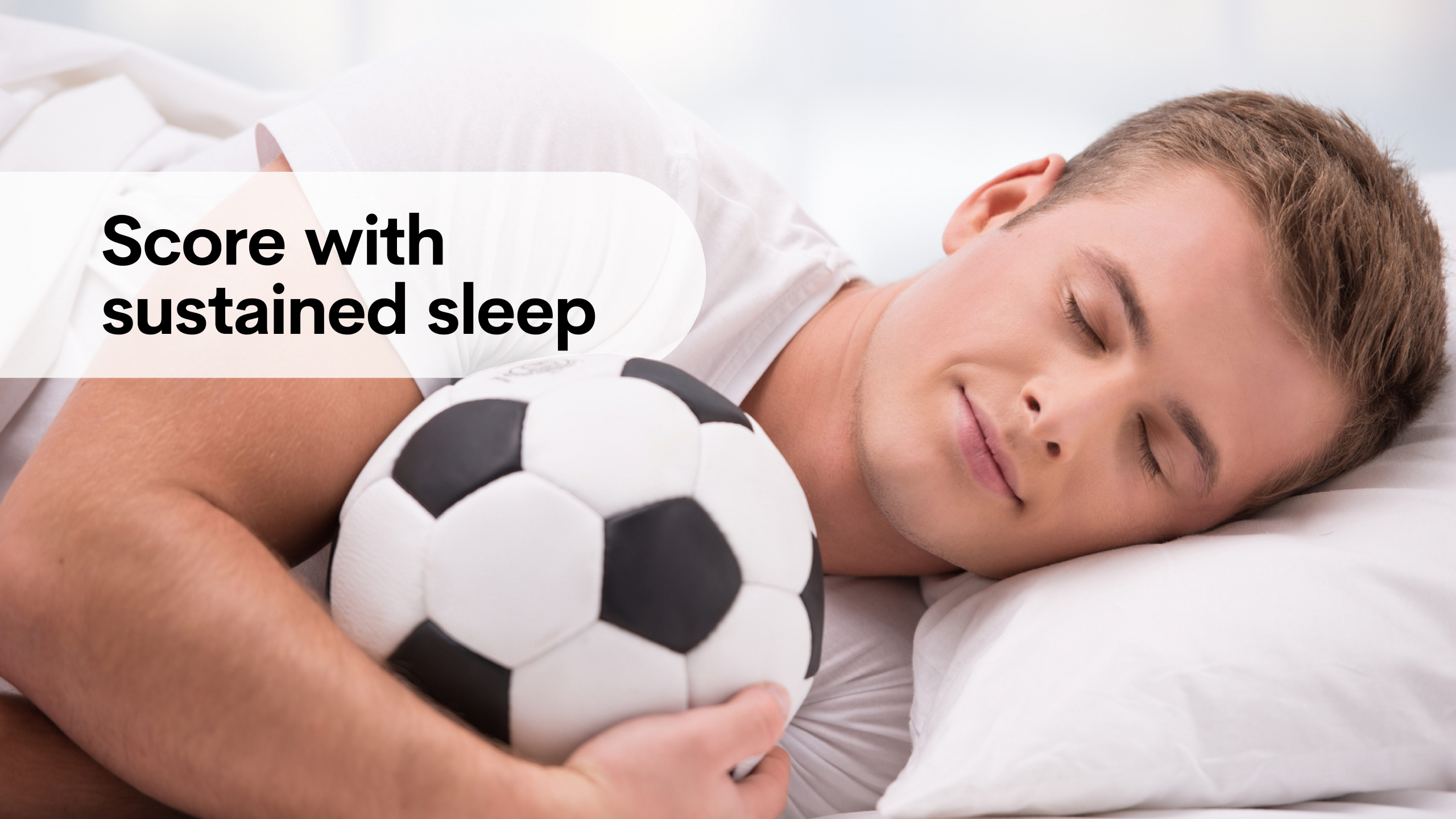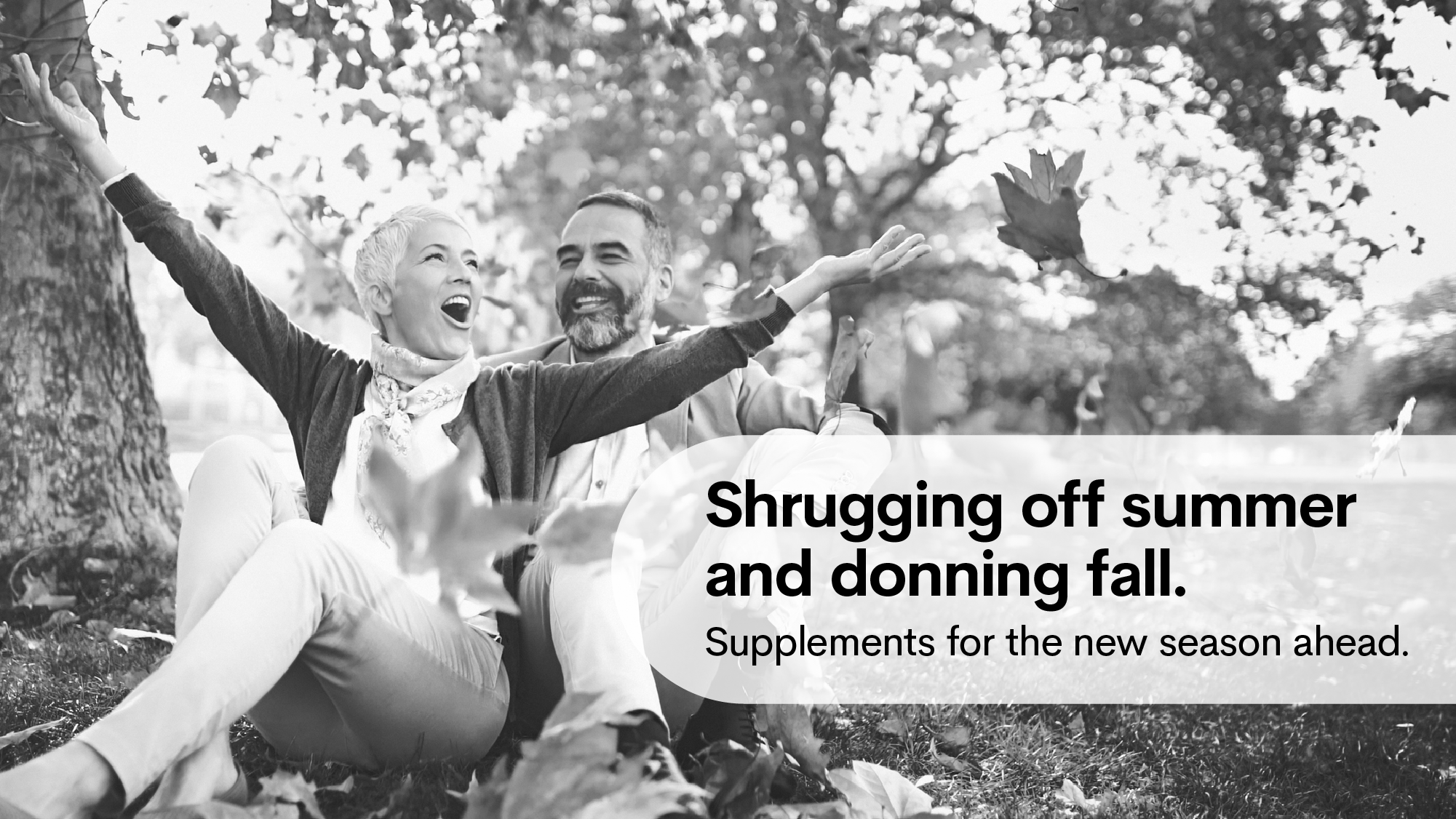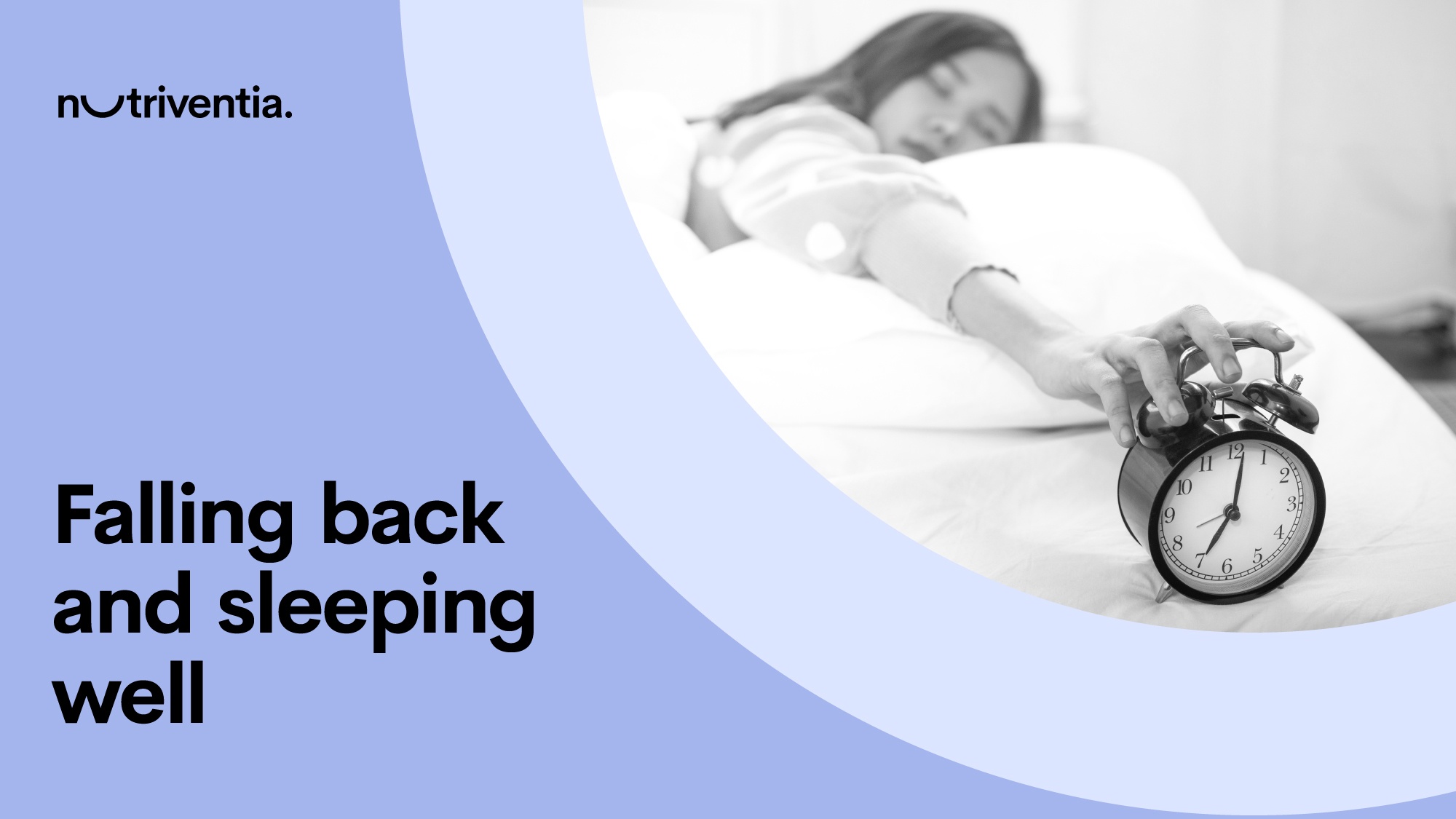What is Adrenal Fatigue?
Adrenal fatigue is a term often used to convey a pathway whereby physiological stress is created and exacerbated. While this term makes sense, to date, according to the Endocrine Society, it is not an accepted medical term. It was coined in 1998 by naturopath James Wilson who pioneered the concept.
Adrenal fatigue is described as the result of long-term chronic stress that places undue hardship on the adrenal glands, causing them to lose their efficacy in the proper production of hormone production (e.g., cortisol).
Now, the Endocrine Society is hard-edged in its position that adrenal fatigue is “unproven,” however, the concept of chronic stress affecting the optimal function of the adrenals – and many other bodily systems – is sound. While Dr. Wilson believes that adrenal fatigue caused by stress and burnout results in the gland’s inability to produce enough hormones for homeostasis, endocrinologists say that stress causes the adrenal glands to work harder and in doing so produce excess cortisol.
In this current climate of instability, division and fear, stress is and has been heightened. According to Ann Kearns, MD, PhD, of the Mayo Clinic, symptoms of hard-working adrenals include fatigue, body aches, low blood pressure, lightheadedness, hyperpigmentation, alopecia (loss of body hair) and weight loss. She writes, “Adrenal insufficiency can be diagnosed by blood tests and special stimulation tests that show inadequate levels of adrenal hormones.”
The State of Stress
So perhaps it is a case of semantics: but people are truly feeling burnt-out and out of balance because of stress, and excess cortisol is known to exacerbate fatigue, low mood and poor sleep and impair immune function.
The American Psychiatric Association (APA)’s Stress in America™ survey of 2022 showed that one in three American adults were living with stress. The APA broke down the specific ways in which stress affected health: 76% of adults reported they had experienced at least one symptom in the last month (prior to the survey) because of stress. These included headache (38%), fatigue (35%), anxiousness (34%) and feeling depressed or sad (33%). Seven in 10 adults (72%) experienced additional symptoms such as feeling overwhelmed (33%), impaired sleep/changes in sleep (32%), and worrying constantly (30%).
Stress is tied together with sleep and anxiousness; it is rather a vicious circle. And although many turn to pharmaceuticals such as Xanax to calm and lull sleep, there is a strong ray of hope consumers have for natural products. Rick Polito, Editor in Chief of Nutrition Business Journal (NBJ), writes in NBJ’s “Mood, Brain and Sleep Issue” that while the high stress of the pandemic boosted the mood and mental health category to nearly 30% in 2020, sales have dropped. However, with the current climate of wars and high inflation as well as unprecedented divisiveness, supplements for stress, mood and sleep may climb very high again. Polito writes, “Antidepressants don’t work. Sedatives are addictive. Ambien turns you into a sleep-walking zombie auditioning for the next top viral video.”
How to Reduce Stress Naturally
Nutriventia has several clinically proven ingredients that help support wellness points affected by chronic stress.
Ashwagandha is a known adaptogen and in times of stressful incidence, may help restore healthful balance by elevating the body’s ability to resist damaging effects of stress (such as fatigue) while restoring healthy physiological functioning.
Prolanza™ is a long-active Ashwagandha (Withania somnifera) root containing a full-spectrum of 20 withanolides, 10 of which are USP compliant and that is effective at reducing cortisol levels at only a once daily dose of 300 mg. Prolanza is clinically shown to reduce stress parameters in healthy adults and, by doing so, promotes accuracy of memory recall as well as improvements in sleep.
The double-blind, randomized, placebo-controlled 90-day clinical study evaluated the effect of 300 mg Prolanza ashwagandha root extract sustained-release capsule on cognitive functions, stress levels, sleep quality, overall well-being, and safety in 125 adult participants reporting high-stress levels.
In the Prolanza group, the Cambridge Neuropsychological Test Automated Battery (CANTAB) showed significantly improved recall memory, and the total error rate in recalling patterns significantly lessened at visit 4. Additionally, reduced Perceived Stress Scale (PSS) score, serum cortisol levels, and Pittsburgh Sleep Quality Index (PSQI) score but higher Oxford Happiness Questionnaire (OHQ) scores were seen in the supplement group, suggesting significantly lower stress levels and markedly improved psychological well-being and sleep quality.
The researchers found that supplementing with one 300 mg ashwagandha sustained-release capsule daily for 90 days improved memory and focus, psychological well-being, and sleep quality, as well as reduced stress levels. Gopukumar K, et al. “Efficacy and Safety of Ashwagandha Root Extract on Cognitive Functions in Healthy, Stressed Adults: A Randomized, Double-Blind, Placebo-Controlled Study” Evidence-Based Complementary and Alternative Medicine 2021
While the relationship between sleep and stress is intricate; the less one sleeps, the more stress one tends to feel. Insufficient sleep can lead to heightened levels of stress hormones, particularly cortisol, contributing to increased feelings of tension and anxiety.
One caveat to melatonin is that it often does not sustain sleep for the recommended 8 hours, so a slow-release melatonin is ideal. Melotime™ is a sustained-release melatonin that releases systematically during 8 hours of sleep. Its release profile (50% of the dose in the first hour followed by the release of the remainder at each one hour for 7 hours) allows for extended slumber. Melotime™’s unique release profile not only helps promote sleep onset and sustain uninterrupted sleep, but also to awaken naturally and alert.
And when dealing with stress, one must also prioritize supporting immune resilience. It is known that chronic and/or high stress impairs immune function through several pathways. Vitamin C is one of the best researched vitamins for immune protection and C-Fence delivers the antioxidant power to support immune function for an extended time. A phamacokinetic randomized placebo-controlled study assessed bioavailability of vitamin C in plasma of 18 participants who consumed a single 500 mg dose of vitamin C as C-Fence.
The results showed that levels of vitamin C were sustained well above the baseline values for the entire 24-hour study duration. The average time to achieve maximum levels in plasma was about 4.5 hours, in contrast to the typical 2- to 3-hours seen with immediate-release vitamin C supplements.
The researchers also discovered that vitamin C plasma concentrations remained at much higher levels of the baseline group and even the peak concentration in the placebo group at 12-, 16-, and 24-hours post-dose. The authors concluded, “Taken together, these findings confirm the slow and sustained-release characteristic of the tested novel formulation.” Shah, Journal of Pharmacology and Pharmacotherapeutics 2022 3(2) 167–174
So while “adrenal fatigue” may not be a concrete medical condition, stressed adrenal glands caused by excessive strain, pressure, tension and concern are commonly experienced and can be supported through the right dietary supplements along with stress-relieving lifestyle adjustments.
Megan Hook, growth strategy director at Marketplace, points to the company’s 2020 consumer survey as evidence: “Nearly half of supplement consumers reported that they would consume a functional beverage every day or almost every day if it contained the benefits or ingredients they would seek in supplements.”
In that survey, functional beverages as a format came in at a close third after pills, including tablets and capsules, in first place, and gummies in second.
“But we’re seeing a rise in beverages,” Hook says. “You could almost say that beverages are the next gummy in the marketplace because consumers can drink beverages every day.”
The hydration concept is also emerging in other supplement and beverage categories, such as beauty-from-within and nonalcoholic social beverages, a category expected to swell by 31% by 2024 according to Global Market Insights.
“The biggest trend we’re seeing would be the ‘zero-proof’ or ‘mocktail’ trend,” Hook agrees. “Consumers are really excited and are demanding new ways to meet their health and functional needs, like improving their heart health, feeling more sustainable, addressing their adrenal fatigue or wanting more energy. So, reducing their alcohol intake is a huge aspect of that.”



